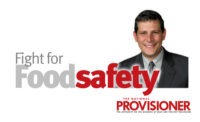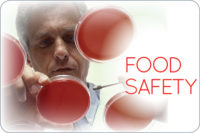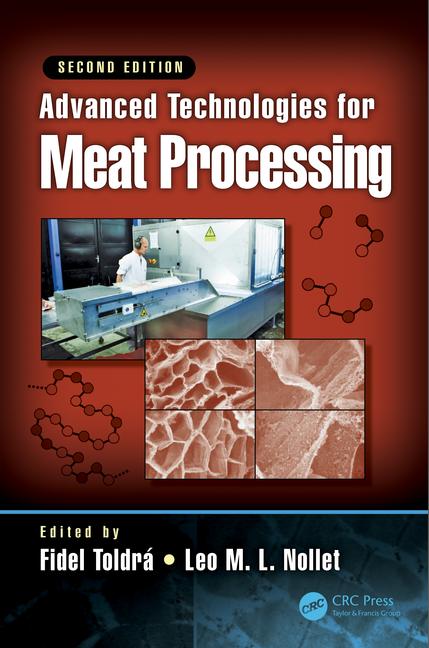As a food industry advocate, I was honored to be invited to U.S. Department of Agriculture’s (USDA’s) headquarters in Washington, D.C., to present at the agency’s most recent public meeting on allergen control. While many USDA and Food and Drug Administration (FDA) regulators spoke about the issue of allergen control and regulation from the perspective of the federal government, I was asked to address the issue from the perspective of the food industry.
During my comments, I was certain to remind the audience that the food industry remains a key player in a food-safety revolution that began in 1993, following the large-scale foodborne illness outbreak that sickened 600 and killed four people on the West Coast. Ever since that outbreak occurred, the food industry has been the focus of continuous improvement in foodborne illness outbreak surveillance, a continuing battle against emerging pathogens and new food-safety expectations, laws, regulations and policies.
Over the last decade, while the food industry has waged an honorable battle attempting to keep E. coli O57:H7 and Listeria monocytogenes out of the food supply, the industry’s focused attention on pathogen control has left its flanks woefully unguarded against the introduction of undeclared allergens in finished products. Thus, for the first time in our history, recalls caused by undeclared allergens in finished products are now outpacing (by significant amounts) recalls triggered as a result of harmful pathogens.
So, how does industry slow the current trend of recalls? Because the USDA and FDA are now focused intently on enforcing both existing and new allergen control regulation, the industry needs to mirror the regulatory intensity with its own operational awareness. In my opinion, undeclared allergens represent the latest “sleeper issue” in food safety, and the entire supply chain needs to do a better job identifying and managing the resulting risks. The failure of one company affects everyone.
In his opening remarks during the public meeting, FSIS leader Al Almanza echoed a theme he has repeated often. As he shook his head slowly, Almanza reflected that most “allergen recalls are avoidable.”
I agree entirely. The food industry has made outbreaks and recalls relating to E. coli O157:H7 virtually disappear — notwithstanding the fact that pathogens remain invisible. In most cases, allergens can be seen.
I challenge each of my colleagues to rise up against this new, seemingly unguarded threat and prove once again that the food industry is capable of controlling the origin, composition and labeling of our food. When searching for answers to allergens, we have no other alternative. NP








Report Abusive Comment